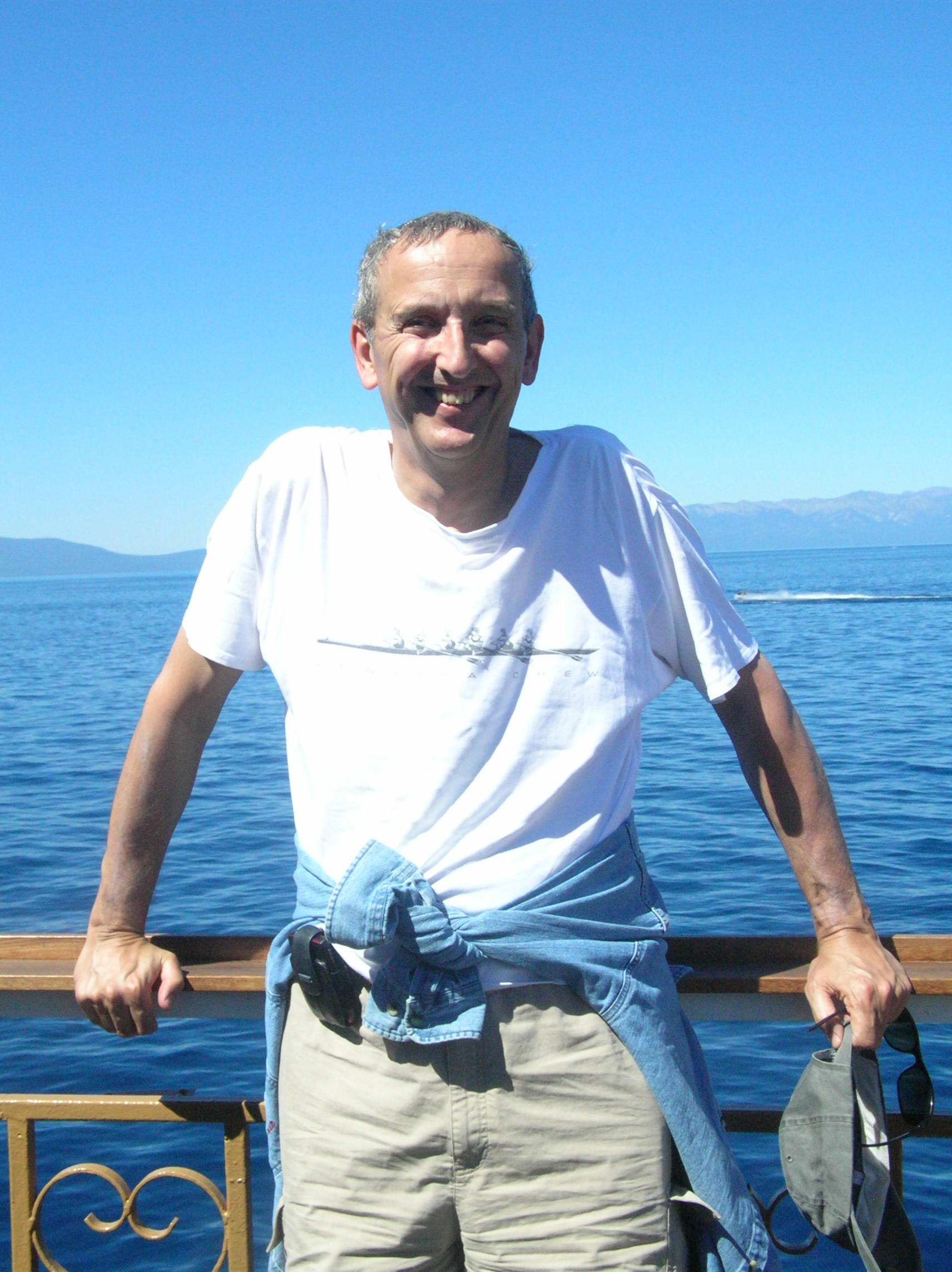Historian and writer Diana Butler Bass reflects on a church on Tangier Island in the Chesapeake Bay, and the implications of its future in this time of climate crisis:
As I have ruminated on Tangier Island, I realize that far too many religious leaders are asking the wrong question. The future of Christianity matters little if there are no human beings, whether we extinct ourselves through war or environmental disaster. We can fix our denominations, bring new members to church, write the best theologies ever—and none of it will matter one whit if we are all dead. The question—“What is the future of Christianity?”—must be held in relation to other questions. Right now, the most significant of those questions is: “What is the future of humankind?”
That is the existential question of our time. All other questions pale by comparison and distract us from hearing the voices of God, the earth, and other creatures with the kind of rigor and compassion necessary for the living of these particular days. To me, the question about the future of Christianity has become: “What must Christians do to serve all creation when the island itself is in danger of sinking?” [1]
Theologian Sallie McFague (1933–2019) was inspired by Isaiah’s prophetic vision of new heavens and earth—and what it requires of us:
The world we want, that we ache for, is a world where children get to grow up and live to old age, where people have food and houses and enjoyable work, where animals and plants and human beings live together on the earth in harmony, where none “shall hurt or destroy” [Isaiah 65:25]. This is our dream, our deepest desire, the image we cannot let go of. This vision of the good life makes us unwilling to settle for the unjust, unsustainable, and indeed cruel and horrendous world we have. . . .
Isaiah’s hymn to a new creation and Jesus’ parables of the reign of God touch this deepest desire in each of us for a different, better world. It would be a world in which human dignity and the integrity of creation are central, a world in which the intrinsic value of all human beings and of the creation itself is recognized and appreciated. . . . Do we have any hope for a different, better world? Given the situation we face at the beginning of the twenty-first century of war, violence, AIDS, capitalist greed, and now the specter of global warming, it seems absurd to even bother with such a question. And yet we read in the Isaiah passage [65:17–25] that in the midst of painting this wonderful picture of life beyond our wildest dreams, God says, “Before they call I will answer, while they are yet speaking I will hear.” “While they are yet speaking”—we have only to ask for God to answer! But we must ask with our whole being; a better world must become our deepest desire. And this means, of course, we must work at it; we must give our whole selves to it. [2]
Richard Rohr’s Daily Meditation; 12/1/22

